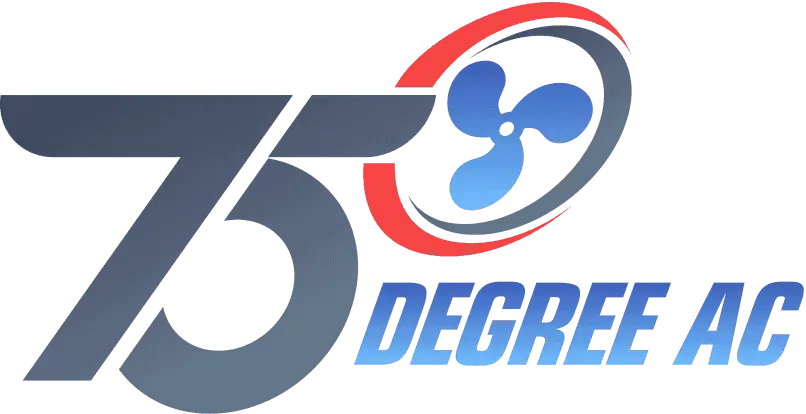Are you curious about HVAC system estimates? Wondering what to expect before diving into the process? Look no further! In this guide, we’re unpacking everything you need to know about HVAC system estimates – from how they’re calculated to what factors influence the final numbers.
Whether you’re planning a new installation or considering a replacement, understanding HVAC estimates is critical to making informed decisions and avoiding surprises down the road. So, if you’re ready to demystify the world of HVAC quotes and get a handle on what’s in store, let’s dive in together!
What Is an HVAC System?
An HVAC (Heating, Ventilation, and Air Conditioning) system is an intricate network of components designed to regulate indoor climate conditions for residential, commercial, and industrial spaces. It encompasses a range of technologies and systems that work together to maintain optimal temperature, humidity, and air quality, ensuring comfort, health, and productivity for occupants.
Components of an HVAC System:
- Heating Units: Furnaces, boilers, and heat pumps generate heat to warm indoor spaces during colder months.
- Cooling Units: Air conditioners and heat pumps extract heat from indoor air, cooling it down and removing excess humidity during warmer months.
- Ventilation Systems: Ductwork, fans, and ventilation equipment circulate air throughout the building, replenishing oxygen levels and removing indoor pollutants.
- Control Devices: Thermostats, sensors, and control panels regulate temperature settings, monitor system performance, and adjust operation based on environmental conditions and user preferences.
HVAC System Estimates By Type
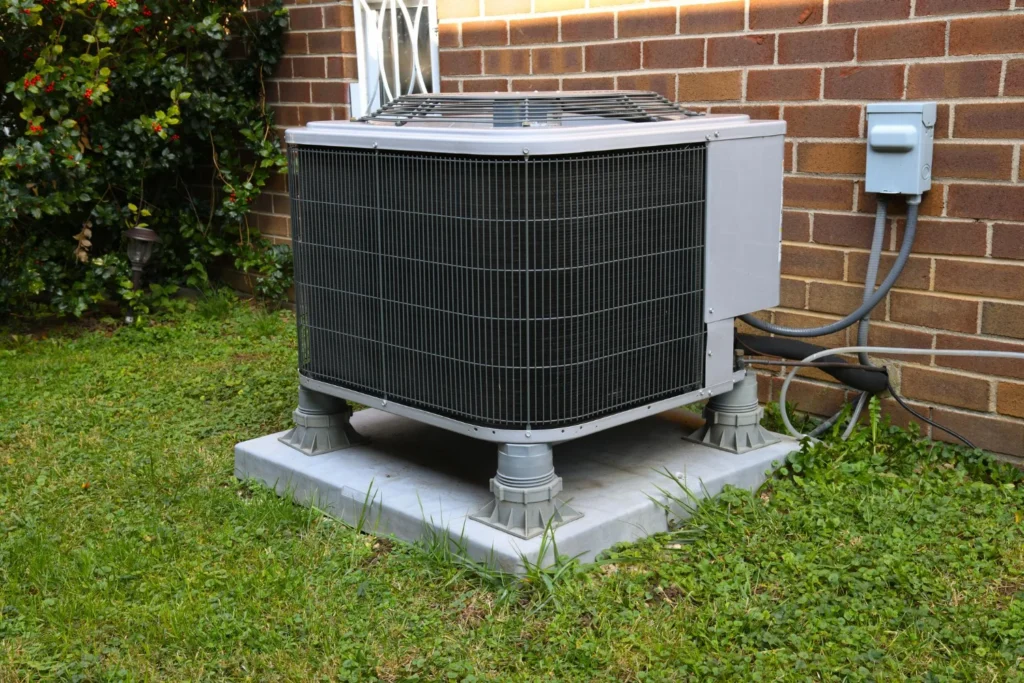
The HVAC System Estimates of installing or replacing can vary significantly depending on factors such as system type, size, efficiency, complexity of installation, and local market conditions. Here’s a comprehensive breakdown of the costs associated with different types of HVAC systems:
| National Average Cost | $8,829 |
| Minimum Cost | $6,224 |
| Maximum Cost | $11,434 |
| Average Price Range with Ductwork | $6,465 – $11,877 |
Air Conditioner:
Air conditioning systems vary from traditional central air to ductless mini-splits. Costs include equipment, labor, and ductwork modifications. Factors like size and efficiency affect expenses. Homeowners typically spend $3,000 to $10,000+.
Furnace or Boiler:
Furnaces and boilers are key heating sources, using various fuels like gas, electricity, or oil. Installation costs vary based on fuel, efficiency, and home size. Extra expenses may include ductwork, venting upgrades, and permits. Expect to pay $3,000 to $10,000+ for a new unit.
Heat Pump:
Heat pumps provide heating and cooling by moving heat between indoors and outdoors. Installation costs vary based on size, efficiency, and compatibility. Ductless mini-splits, while efficient, may cost more upfront. Expect to spend $4,000 to $12,000+.
Ductwork:
Installing or replacing ductwork may be required for homes with central HVAC systems. Costs depend on home size, layout complexity, materials, and labor. Expect to pay $2,000 to $10,000+.
Thermostat:
Upgrading to a programmable or smart thermostat can enhance energy efficiency and comfort control but may incur additional costs during installation. The price of a thermostat varies depending on the brand, model, and features, with smart thermostats typically commanding higher price points.
Installation costs may include wiring modifications, compatibility checks, and programming setup. Homeowners can expect to pay between $100 to $500 or more for a new thermostat, with installation costs ranging from $100 to $300 or more depending on the complexity of the installation.
Humidifier or Dehumidifier:
Humidifiers and dehumidifiers play a vital role in maintaining indoor air quality and comfort by regulating humidity levels. The cost of installation depends on factors such as unit size, type, and installation complexity.
Standalone units may cost between $500 to $2,000 or more, while integrated systems or whole-house solutions can range from $1,000 to $5,000 or more. Installation costs may include equipment purchase, labor expenses, and any necessary modifications to existing HVAC systems or ductwork.
HVAC System Estimates by Size
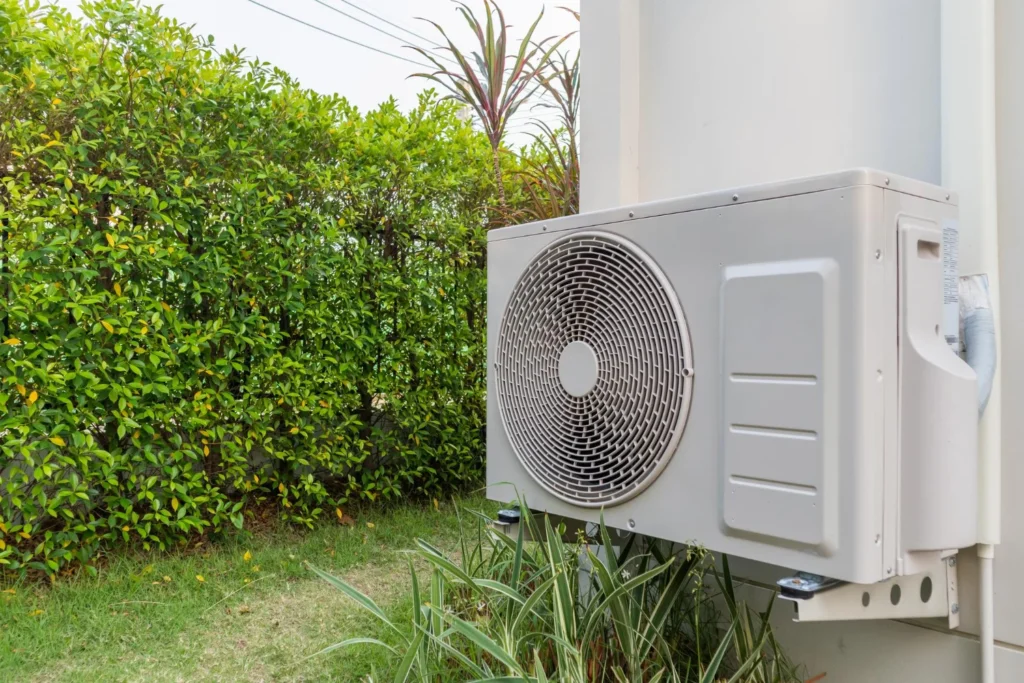
The size of the HVAC system required for a property is determined by factors such as square footage, building layout, insulation levels, and local climate conditions. Proper sizing is critical to ensure optimal performance, energy efficiency, and indoor comfort.
HVAC contractors use Manual J load calculations and industry standards to determine the appropriate system size for a given property. On average, homeowners can expect to invest between $3,000 to $15,000 or more for a complete HVAC system installation, with more significant properties or custom-designed systems commanding higher price points.
| Central Air Conditioner Size | AC Unit BTU | AC Unit Only |
|---|---|---|
| 1.5 Tons | 18,000 BTU | $1,986 |
| 2 Tons | 24,000 BTU | $2,117 |
| 2.5 Tons | 30000 BTU | $2,352 |
| 3 Tons | 36000 BTU | $2,920 |
| 3.5 Tons | 42000 BTU | $3,550 |
| 4 Tons | 48000 BTU | $3,650 |
| 5 Tons | 60000 BTU | $3,690 |
HVAC System Estimates Of Parts
In addition to the central HVAC unit, various components contribute to the overall installation cost. Understanding these costs can help homeowners budget effectively for their HVAC projects. Standard components and their associated costs may include:
- Ductwork: The cost of ductwork installation or modifications depends on factors such as duct material, layout complexity, and labor expenses. Adequately designed and sealed ductwork is essential for optimizing system performance and energy efficiency. Homeowners can expect to pay anywhere from $2,000 to $10,000 or more for ductwork installation, with more extensive or custom-designed systems costing more.
- Insulation: Proper insulation is essential for minimizing heat loss, reducing energy consumption, and maintaining indoor comfort. The cost of insulation installation varies depending on factors such as insulation type, R-value, and installation method. Homeowners can expect to pay between $1,000 to $5,000 or more for insulation installation, with higher-end materials and more significant properties commanding higher price points.
- Thermostat: The cost of a thermostat varies depending on the brand, model, and features. Smart thermostats with advanced features such as Wi-Fi connectivity and programmable settings typically command higher price points compared to basic models. Homeowners can expect to pay between $100 to $500 or more for a new thermostat, with installation costs ranging from $100 to $300 or more depending on the complexity of the installation.
- Humidifier or Dehumidifier: The cost of installing a humidifier or dehumidifier depends on factors such as unit size, type, and installation complexity. Standalone units may cost between $500 to $2,000 or more, while integrated systems or whole-house solutions can range from $1,000 to $5,000 or more. Installation costs may include equipment purchase, labor expenses, and any necessary modifications to existing HVAC systems or ductwork.
What Factors Affect HVAC Replacement Cost?
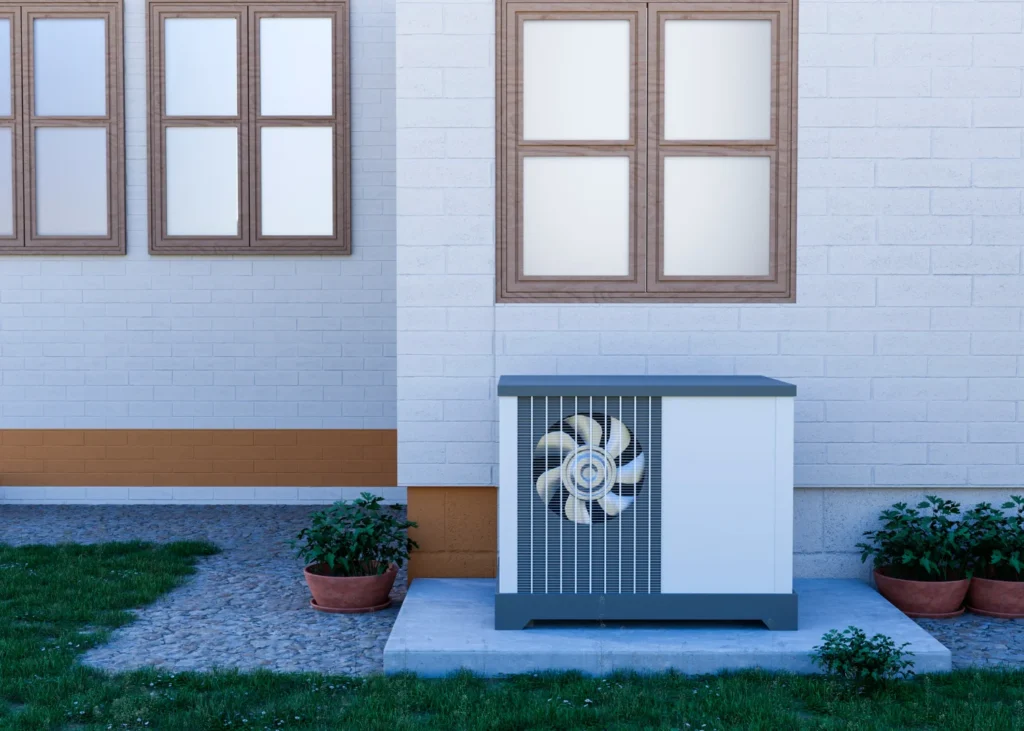
Several factors can influence the cost of replacing an HVAC system. Understanding these factors can help homeowners anticipate potential costs and make informed decisions about their HVAC projects. Key factors to consider include:
Local Climate Conditions:
Extreme temperatures or humidity levels may require a more robust HVAC system, leading to higher installation costs. HVAC contractors consider local climate data when recommending system options to ensure optimal performance and efficiency.
Ductwork Replacement:
Old or damaged ductwork may need to be replaced to ensure proper airflow and system efficiency. The cost of ductwork replacement depends on factors such as duct material, layout complexity, and labor expenses.
Home Age and Construction:
Older properties or those with unique construction features may require additional modifications during HVAC installation. Factors such as structural integrity, insulation levels, and existing infrastructure can impact installation costs.
HVAC Unit Size, Brand, and Energy Efficiency:
The size, brand, and energy efficiency rating of the HVAC unit significantly influence installation costs. Higher efficiency models may have a higher upfront cost but can provide long-term savings on energy bills.
Costs of Common HVAC Repairs
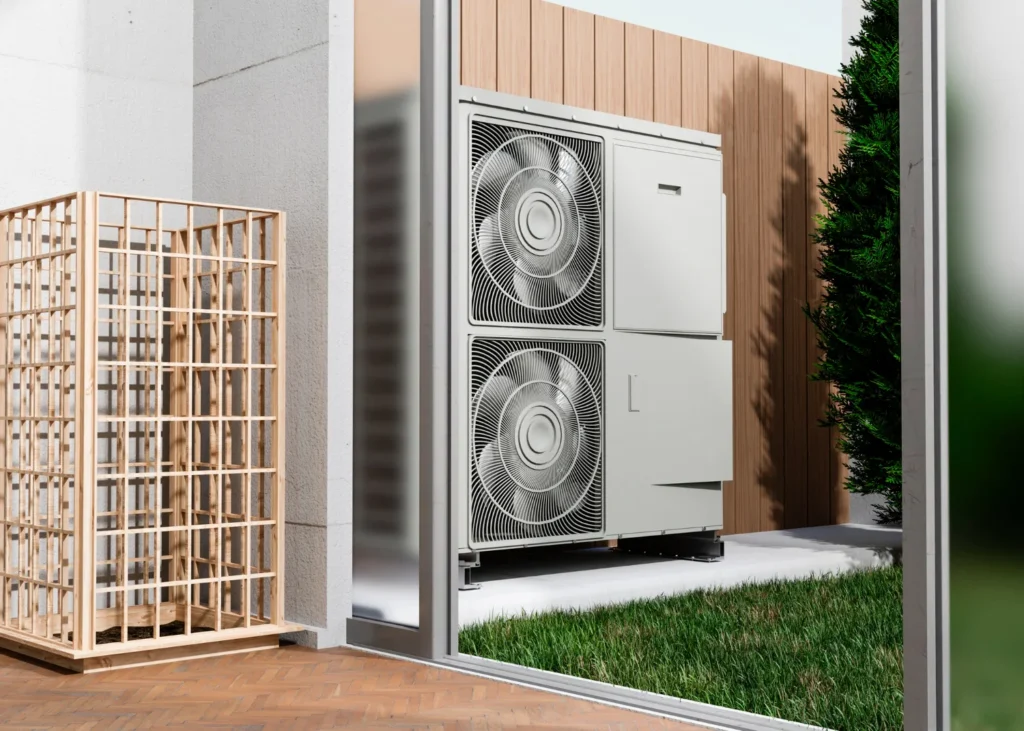
Regular maintenance and prompt repairs are essential for ensuring the longevity and efficiency of an HVAC system. Understanding the costs of everyday repairs can help homeowners budget for ongoing maintenance and unexpected expenses. Common HVAC repairs and their associated costs may include:
Air Conditioner:
Typical air conditioner repairs include refrigerant leaks, compressor failures, and electrical issues. Repair costs vary depending on the nature and severity of the problem, as well as the need for replacement parts or components. Homeowners can expect to pay between $150 to $1,500 or more for air conditioner repairs, with more extensive repairs or component replacements commanding higher price points.
Furnace:
Furnace repairs may involve issues with the ignition system, thermostat, or blower motor. The cost of furnace repairs depends on factors such as the type of furnace, the extent of the damage, and the need for replacement parts. Homeowners can expect to pay between $100 to $1,500 or more for furnace repairs, with more complex maintenance or component replacements costing more.
Heat Pump:
Heat pump repairs may include issues with the outdoor unit, refrigerant leaks, or compressor malfunctions. Repair costs vary depending on the complexity of the problem and the need for specialized parts or components. Homeowners can expect to pay between $150 to $1,500 or more for heat pump repairs, with more extensive repairs or component replacements costing more.
Additional HVAC System Estimates Related to Installing a New HVAC System
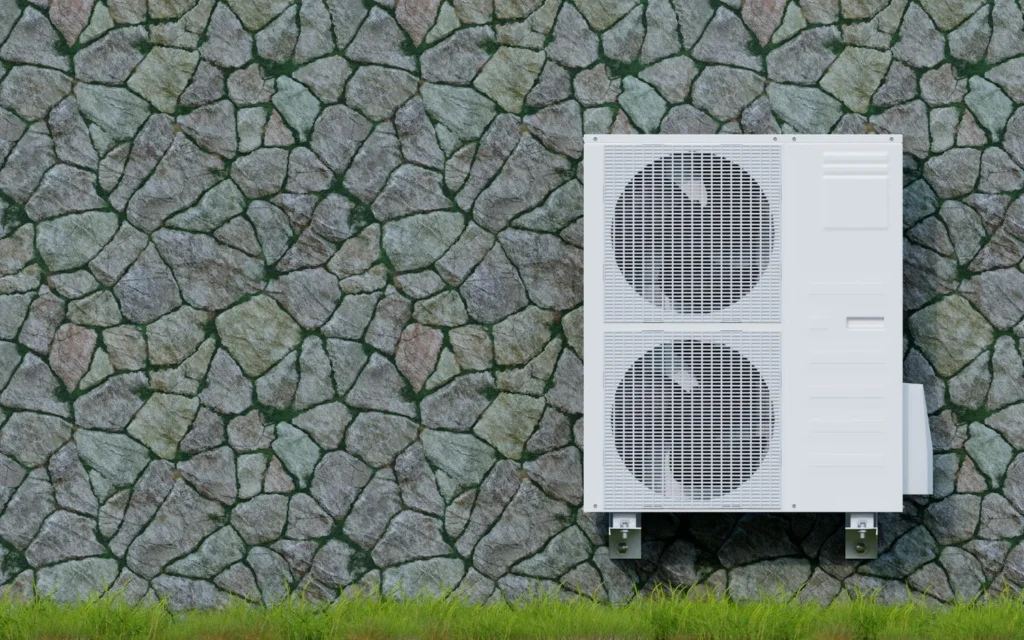
In addition to the central HVAC unit and installation labor, homeowners should consider other related costs when budgeting for an HVAC project. Additional fees may include:
Insulation:
Proper insulation is essential for maximizing energy efficiency and comfort levels. The cost of insulation installation varies depending on factors such as insulation type, installation method, and labor expenses. Homeowners can expect to pay between $1,000 to $5,000 or more for insulation installation, with higher-end materials and more significant properties commanding higher price points.
Removal and Disposal Costs:
Removing old HVAC equipment and disposing of it properly can incur additional costs.
Factors such as the size and weight of the equipment, as well as any hazardous materials present, can impact removal and disposal costs. Homeowners can expect to pay between $500 to $1,500 or more for removal and disposal services, depending on the scope of the project and local disposal fees.
Asbestos Removal:
Homes built before the 1980s may contain asbestos insulation, which requires professional removal by trained specialists. The cost of asbestos removal depends on factors such as the extent of contamination, the location of the asbestos-containing materials, and the complexity of the removal process.
Homeowners can expect to pay between $2,000 to $20,000 or more for asbestos removal, depending on the scope of the project and local regulations.
When to Install a New HVAC System?
Determining when to replace an HVAC system depends on various factors, including the age of the existing system, frequency of repairs, energy efficiency, and changes in comfort preferences. Property owners should consult with HVAC professionals to assess the condition of their existing system and determine the most appropriate time for replacement. While replacing an HVAC system can be a significant investment, upgrading to a newer, more efficient system can lead to long-term energy savings, improved comfort, and increased property value.
DIY vs Hiring Professional HVAC Installer
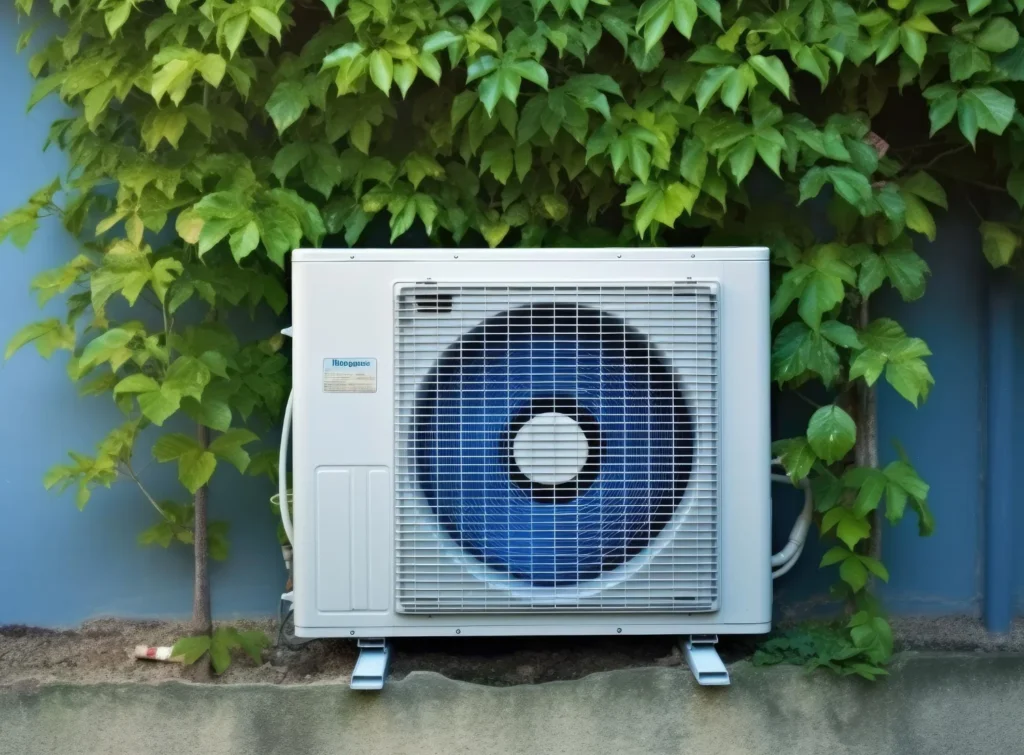
While some property owners may consider DIY HVAC installation to save money, it’s essential to weigh the risks and benefits carefully. HVAC System Estimates are complex and require specialized knowledge, skills, and tools to install correctly. Improper installation can lead to system inefficiency, premature failure, and safety hazards.
Hiring a professional HVAC installer ensures that the system is installed correctly, maximizing performance and efficiency while minimizing the risk of errors or complications. Professional HVAC installers have the expertise, experience, and equipment necessary to complete the installation safely, efficiently, and according to local building codes and regulations.
While professional installation may involve higher upfront costs compared to DIY installation, it can provide peace of mind and long-term value by ensuring optimal system performance, energy efficiency, and indoor comfort.
How to Save Money on a New HVAC System Installation?
While investing in a new HVAC system can be a significant expense, there are several ways property owners can save money on installation costs:
- Energy Efficiency Rebates: Many utility companies and government agencies offer rebates, incentives, or tax credits for installing high-efficiency HVAC systems. Property owners should research available rebates and take advantage of any applicable incentives to offset upfront costs and maximize long-term savings.
- Manufacturer Promotions: HVAC manufacturers often run promotions, discounts, or special financing offers on new equipment purchases. Property owners should inquire about current promotions or incentives when shopping for HVAC systems and take advantage of any available discounts or financing options.
- Competitive Bidding: Property owners should obtain multiple quotes from reputable HVAC contractors to compare prices, services, and warranties. Competitive bidding can help property owners identify competitive pricing and negotiate for the best deal.
- Energy-Efficient Upgrades: Property owners should consider investing in energy-efficient upgrades or enhancements during HVAC installation to maximize energy savings and long-term value. Upgrades such as programmable thermostats, zoning systems, or duct sealing can improve system efficiency and comfort while reducing energy consumption and utility bills.
- HVAC System Estimates Financing Options: Some HVAC contractors offer financing options, payment plans, or leasing programs to help property owners afford a new HVAC system. Property owners should inquire about financing options and explore flexible payment plans to spread out the cost of installation over time.
FAQ More About HVAC System Estimates
How do you calculate HVAC System estimates?
Calculating an HVAC system estimates involves assessing factors like property size, existing infrastructure, and desired system type. Professionals evaluate these factors, perform load calculations, and consider customer needs. System size, equipment type, ductwork, insulation, and labor rates affect the estimate.
How much HVAC do I need for 2000 square feet?
The size of an HVAC system for a 2000-square-foot property depends on factors like climate, insulation, and occupancy. Professionals use methods like Manual J to calculate. Generally, a 2000-square-foot home needs a system with a capacity of 2.5 to 5 tons.
How many quotes should I get for HVAC replacement?
When planning HVAC replacement, get quotes from multiple reputable contractors. Aim for at least three to compare prices, services, and warranties. Comparing quotes helps make informed decisions and ensures the best value.
What is the most expensive part of an HVAC system?
The most expensive part of an HVAC System Estimates can vary depending on the specific system type, brand, and installation requirements. However, in many cases, the HVAC unit itself—whether it’s a furnace, air conditioner, heat pump, or boiler—tends to be the most significant expense.
Other costly components may include ductwork, thermostats, zoning systems, and accessories such as humidifiers or air purifiers. Proper installation, quality equipment, and professional labor contribute to the overall cost of an HVAC system.
Why does HVAC installation cost so much?
HVAC System Estimates can vary based on factors like system type, size, efficiency, complexity, and local market conditions. Several elements contribute to the overall cost:
- Equipment Costs: High-quality units with advanced features can be pricey.
- Labor Expenses: Skilled labor is crucial for proper installation.
- Material Costs: Ductwork, piping, insulation, and electrical components add to costs.
- Permitting and Regulations: Complying with codes adds expenses.
- Complexity of Installation: Property size, layout, and existing infrastructure affect costs.
- Warranty and Service: Reputable contractors may offer added value and peace of mind.
Investing in quality HVAC ensures long-term performance, energy efficiency, and comfort. For all your HVAC installation, replacement, repair, and maintenance needs in the Richmond area, contact 75 Degree AC today! Our team of experienced technicians is dedicated to providing top-quality HVAC services at competitive prices. From residential to commercial projects, we have the expertise and resources to ensure your HVAC system operates efficiently and reliably year-round. Contact us today for a free estimate and consultation!
